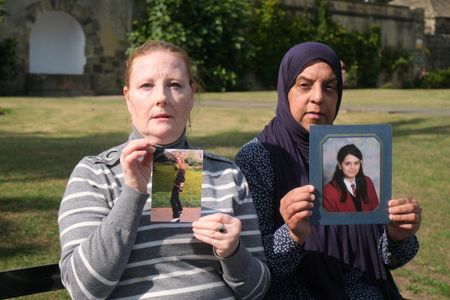By Catarina Demony and Sam Tabahriti
LONDON (Reuters) -Britain’s main domestic abuse risk-assessment questionnaire, DASH, is set to be updated by its lead author and leading charity SafeLives amid evidence its limitations may have contributed to deadly failures.
Reuters reported last week that many people were failed by the questionnaire, which has been used by police, social workers, and others for more than 15 years to gauge domestic abuse risk.
Following the report, The Telegraph said at least 55 women killed in domestic abuse cases had been graded by DASH as being at standard or medium risk. The Times said some victims were downgraded from high to medium risk before they were killed.
SafeLives CEO Ellen Miller said the charity, which co-developed DASH with the form’s lead author Laura Richards, had been tasked by the interior ministry with a project to scope “how a review could work through, how a bigger rewrite could happen.”
Miller, in a later statement, said SafeLives was not reviewing DASH for the government but would “look at the whole picture of how risk is identified and acted on,” calling for a government-led review of the entire risk response.
The interior ministry did not immediately respond to a request for comment.
Richards told Reuters she was “working with SafeLives to update DASH,” saying such tools should “always be improved” to help save lives.
The DASH system relies on yes-or-no answers and usually requires 14 “yes” responses before a person is classified as high risk and referred for extra support.
SafeLives provides DASH training, which some critics say gives the charity a vested interest in protecting the tool. Miller said the organisation did not use DASH as a “cash cow.”
Reuters spoke with mothers whose daughters were classified as medium risk despite clear warning signs, and were later murdered by their partners.
Like Miller, Richards said the problem was not DASH itself but how police used it and that more appropriate training was needed.
The National Police Chiefs’ Council said the College of Policing reviewed DASH in 2015 and identified inconsistencies, but a review of international literature at the time did not find a better alternative.
As a result, it developed a new tool, DARA, which it says better captures controlling and coercive behaviour and incorporates open-ended questions. The tool has been recommended to police forces but its adoption is not mandatory.
(Reporting by Catarina Demony and Sam Tabahriti; Editing by Bernadette Baum and Christina Fincher)











